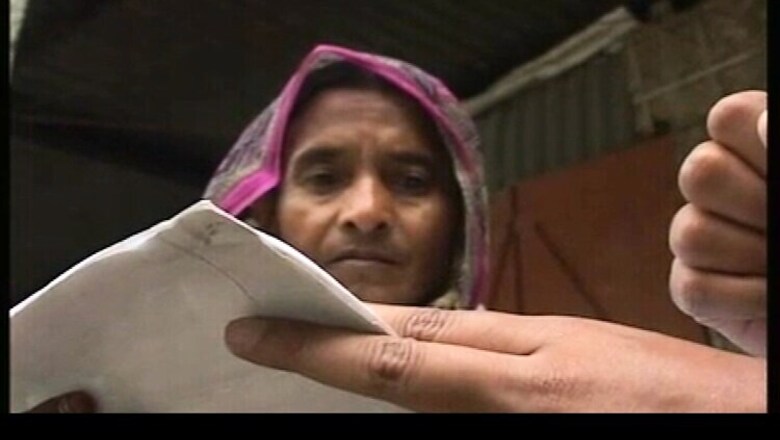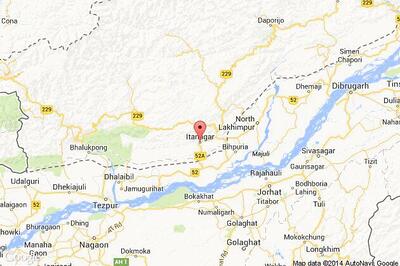
views
In poll bound Assam, the issue of 'D' voters or the doubtful voters is back to haunt Lower Assam with Bangladeshi immigrants becoming an emotive issue. CNN-IBN travelled to Lower Assam to find out if the concerns are being addressed.
One of those affected, 65-year-old Rahima Khatoon has been left worried. While her name was there in the first voter's list of 1951, but as of now she has been marked as a doubtful voter. It suggests that for the authorities, she illegally arrived in Assam post the 1971 war.
"I wasn't given any notice or information, suddenly I was told that I am a D voter. I would now have to go to the tribunal to prove my citizenship," said Rahima.
She will have to get her name cleared from the tribunal, and if she misses the notice or doesn't appear, the tribunal may declare her a foreigner. Activists claim that most of 38,000 people who have been declared foreigners are poor people who cannot defend themselves.
Minority rights lawyer Aman Wahud said, "These are poor people. They don't know what's to be done, they should get an amicus curae."
It is not easy to be a Bengali Muslim in Assam as the ethnic identity of illegal immigrants and those who came much earlier are the same, and they face anger and discrimination especially during elections.
Former Assam chief minister Prafulla Kumar Mahanta said, "If they want to give citizenship to anyone from Bangladesh, then this is not the place. Assam is not a dustbin."
However, with the national register of citizens being prepared in Assam once again, these people have some hope.
According to home secretary Prateek Hajella, the D voters will have to get their names cleared from tribunal before it appears in list. "But we have made our legacy data public. People can use it to clear the name," he said.
Even those whose names don't figure in the list can take help since all the legacy data has been made public. They can use it to clear their names.
Many Bengali Muslims of Lower Assam see the national register of citizens as a process which can help end the discrimination.



















Comments
0 comment